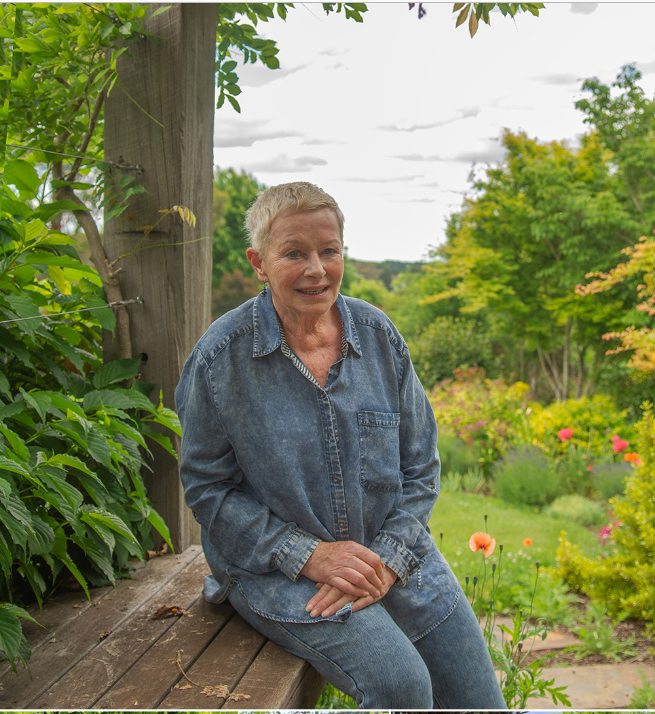July 5th, 2022The sick state of our health system
ACROSS the country, a medical crisis seems to have erupted. Some rural hospitals have become so short of staff the military has been called in. In the cities, reports abound of lines of ambulances and crowded waiting rooms.
Planning experts highlight the absence of health care when new suburbs are on the drawing board, but away from the cities the system seems little better.
This comes when the state government talks of “ensuring people living in rural and regional areas have access to the world-class care they deserve close to home…” announcing $300 million over four years to upgrade vital health infrastructure.
Described as the largest health grants program in Victoria’s history, this plan aims to provide resources needed for upgrading. But will it be enough and in time?
Health workers, who tell of a crisis now, decided to talk anonymously to The Local. From their accounts these case histories have been compiled. They combine to throw a disturbing light on the system.
The Local put these case histories to the new Victorian Health Department for comment and followed up with a further request but after a week there was no response. The information was then sent to new state Health and Ambulance Services Minister, and Macedon MP, Mary-Anne Thomas’ parliamentary staff but no response was received by press time.
Here are the accounts from the frontline of health care:
A 34-year-old man had medical imaging and other investigations for chest problems. By coincidence, a couple of tumours were discovered in his left lung. He is a non-smoker. An urgent referral was sent to the regional cancer centre for further investigation, including a tissue biopsy (requiring general anaesthetic) to try to find the nature of the tumours and how aggressive they were.
But a fortnight after the referral was sent, he had heard nothing from the hospital. When he called, the hospital was so inundated with a backlog of emergencies, it registered getting the referral but was still unable to provide an appointment for his urgent procedure. Anyone with experience of a possible cancer diagnosis will appreciate the insomnia and anxiety caused by such a wait.
A patient needs a (public) hip replacement. The earliest that could be found was two years for an initial consultation followed by another 18 months to two years for surgery. Another major facility said it wouldn’t be inside five years.
A GP must refer a patient for assessment of adult autism. After lengthy investigations across the state, the average waiting period for an appropriately trained psychiatrist is found to be two years.
A woman with a complex medical history and symptoms is told she will need to pay about $235 for an echocardiogram because she had one within the last 24 months. Medicare now only rebates one echocardiogram per patient every 24 months, unless it is referred by a cardiologist. The patient cannot afford the test and the GP must review the line of investigations. The best solution is to send her to a cardiologist in order to avoid the fee. The patient is worried about the cost of the cardiologist and how long she must await an appointment.
After waiting for three hours, a patient with top-level private health insurance goes by ambulance to a private hospital near the city’s public hospital. As her ambulance pulls up to admit her, she counts nine ambulances in a queue waiting to admit patients into the public hospital.
In the early hours of the morning a dog walker meets another in a public park. He has just completed an exhausting overnight shift as an ambulance officer, but before he leaves to go home, he is asked if it’s possible for him to keep working (back-to-back shifts) because of overwhelming demand.
An elderly patient needs a VicRoads driving assessment because his licence is due to expire in four months. A referral is sent by post to the nearest occupational therapist registered as a VicRoads driving assessor. When there is no response, the patient’s carer calls and, despite leaving contact details on message bank, the calls are not returned. Another letter is sent, with a reminder of the expiry date of the licence. Another month passes.
Eventually, the medical centre involved calls the occupational therapist and leaves several messages over a number of days asking for a return call. There is no response. The medical centre calls reception and is asked to be put through directly.
Finally, after three letters and many phone calls by the patient, the patient’s carer and the medical centre, the advice is to apply for an extension to the license expiry because the assessment will not be completed within the four month deadline.
Patients wanting to see their regular GP are now having to wait an average three to four weeks, often longer. There are very few GP clinics within the regions of Ballarat, Bendigo, Castlemaine and surrounds able to take new patients.
And yet the population is expanding at a rate of knots. It is hard to keep up with the increased density of traffic and the availability of other service industries now needed in the community.
On many days pathology services have been unavailable in some medical centres because of staff shortages due to Covid.
Almost all medical services have a recorded message when telephoned, saying: “We are experiencing a high number of calls at this time, your call is important to us, please hold the line” because staff are on sick leave with Covid.
Waiting times are extended. This clogs the system down the line. Staff shortages mean that some pathology laboratories are taking three times longer than usual to diagnose skin biopsy samples, some of which may be cancerous.
From these front-line anecdotes and other reports it is hard to think anything other than that our health system is sick and needs urgent attention
Words: Kevin Childs










